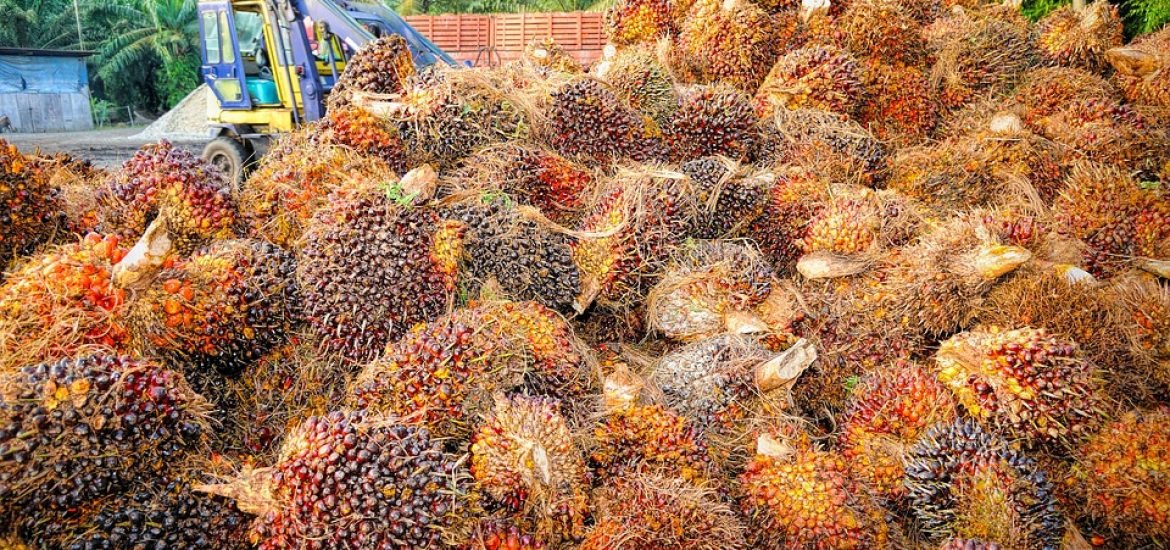
MEPs from the European People’s Party, the Socialists & Democrats and the Alliance of Liberals and Democrats for Europe agree on a resolution to “kill” palm oil as a transport fuel by 2021.
An amendment to the one-year old renewable energy directive, intended to fight palm oil use in the EU, garnered support from the biggest political groups in the European Parliament. As a result, lawmakers are heading towards a complete phase out of palm oil in transport fuels by 2021. The palm oil industry considerably contributes to deforestation, contributing to global warming.
“Every proposal that I’ve seen coming from all the major political groups is going in that direction. So, it seems that the political issue of palm oil will get a clear majority in this House,” said Green MEP Bas Eickhout, adding the debate was “going in a good direction”. The centre-right European People’s Party (EPP) and the Socialists and Democrats (S&D), the second biggest Parliament group, and the Alliance of Liberals and Democrats for Europe confirmed that they would back the amendment as well.
An EU-funded study, published in 2016 after much delay, found that instead of reducing polluting emissions, biodiesel was three times more polluting than traditional diesel. Biodiesel is the most popular biofuel in the European market and is forecasted to have an almost 70% market share in 2020. In reaction to this study, MEPs voted on a resolution last year, urging the European Commission to phase out the use of vegetable oils in biofuel.
“Instead of phasing out all crop-based biofuels, Europe should aim to get rid of those biofuels that drive deforestation, like palm oil,” ePURE Secretary General Emmanuel Desplechin said. “It should support locally-produced biofuels like ethanol, which he said are produced sustainably and do not conflict with food crops. Since ePURE is the European ethanol industry association, they have a lot to gain from this ban.
The EU plans to replace said oil by ethanol. It emits as much as 64% less greenhouse gas than fossil fuels and is sourced almost 100% locally. This decision could, however, face legal challenges through the WTO from countries such as Malaysia and Indonesia, which account for around 85% of global palm oil production. They have joined forces to campaign against the EU a phase-out of palm oil. Malaysian leaders already reacted, saying that the country will retaliate by banning imports of European products.
This post is also available in: FR (FR)